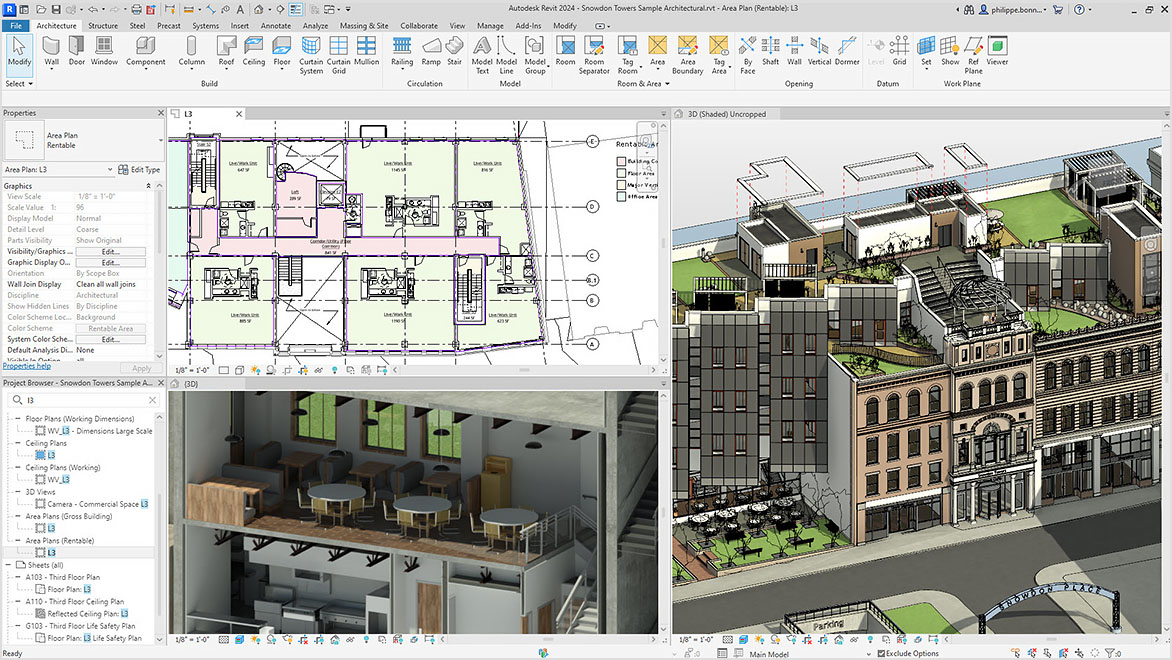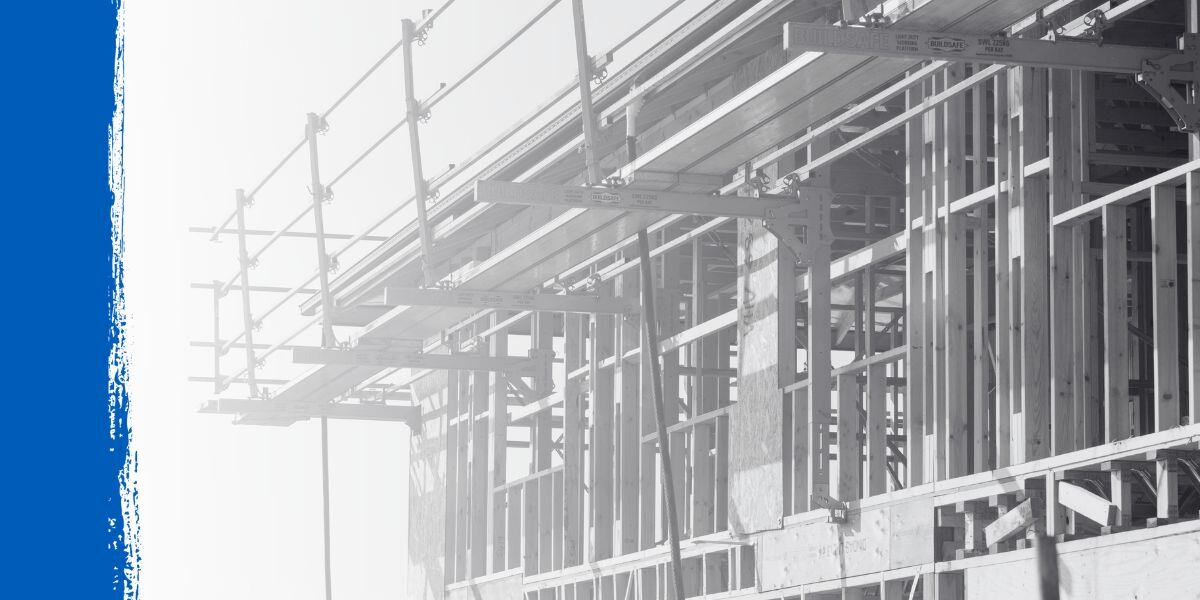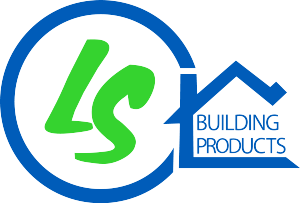Efficiency is the cornerstone of any successful construction project. As the industry becomes more complex, the role of construction management software has become ever more indispensable. For contractors and construction companies, staying ahead means adopting tools that help to manage projects and accelerate everyday construction tasks.
- The main categories of software used in the construction industry include:
- Customer relationship management (CRM) platforms to administer interactions and sales processes.
- Project management for planning and organizing contractors and resources.
- Scheduling software to organize project timelines and resource allocation.
- Building Information Modeling (BIM) software for creating digital representations of buildings and facilitating collaboration.
- Takeoff software to measure and estimate material quantities from digital plans.
- Accounting software for tracking financial transactions, payroll, and construction costs.
In this article, we'll examine each of these types of construction software and how they help construction companies and contractors. We'll also highlight leading examples that are worth considering if you're looking to increase efficiency, improve coordination, and reduce business costs.
Construction Project Management Software
Project management solutions streamline the planning, organization, and management of resources and tasks for construction project managers. The best PM platforms include a comprehensive suite of tools for controlling schedules, budgets, and project-related documentation. PM software also integrates collaboration tools to facilitate communication between team members, subcontractors, clients, and other involved parties.
One popular option is Rivet, a construction communication and project management platform that enhances coordination and transparency. It includes key features like project-specific group chats, task management, event reminders, and translation services for multilingual teams.
Screenshot of Rivet's Dashboard
Other competitors for the title of best project management software include Procore, which integrates tools to oversee all aspects of construction projects, and Buildertrend, a construction management tool with PM, client communication, and document management features.
Construction CRM Software
Construction Customer Relationship Management (CRM) enhances client communication and sales tracking. It helps businesses to capture, track, and nurture leads from initial contact through to project completion, with tools that include centralized customer information, lead categorization, and progress monitoring through the sales pipeline.
Information management is another useful feature. It ensures construction details are organized and accessible in one place, including project specifications, timelines, budgets, and client preferences. Centralizing information leads to improved project coordination and execution.
Leap CRM is a popular construction-specific CRM solution for smaller businesses. It offers two main products: Leap Essential, designed for solo contractors, and Leap Team, a more advanced solution for small to medium companies. Both options include features for lead management, project workflow, and client communication.
Screenshot of Leap to Digital's platform
Another popular choice is JobNimbus, a CRM and PM solution that helps contractors manage leads, track job progress, and automate tasks. It integrates with tools like QuickBooks and offers key features such as task management, work orders, and detailed reporting.
Construction Accounting Software
Construction accounting software helps businesses manage financial transactions, payroll, and cost tracking for construction projects. It is designed to address the complex accounting requirements specific to construction, such as job costing, progress billing, and retainage management.
The most widely used accounting software is QuickBooks for Construction, which is tailored for small contractors and offers features like job costing, estimating tools, and cash flow reporting. It is well-regarded for its ease of use and affordability, making it a popular choice for solo contractors and smaller construction firms.
Larger businesses might want to consider CMiC Financials, part of CMiC's ERP for Construction. This comprehensive construction accounting platform combines features for accounting, project management, human capital, and field operations. It integrates all business data into a single database, allowing for coordinated financial management and reporting.
Scheduling Software
Construction scheduling software helps contractors create efficient project timelines and manage resource allocation. It helps with creating and updating schedules, assigning tasks to construction team members, and tracking progress in real time. Construction scheduling has some crossover with project management, and many PM tools also integrate scheduling tools. However, it's worth highlighting tools with a specific focus on schedule management
ProjectManager is an online project management software that offers advanced scheduling tools like Gantt charts, resource allocation, and real-time project tracking. Another contender is Smartsheet, a workflow management platform with resource and cost management capabilities. It has a spreadsheet-based interface and is ideal for users transitioning from traditional spreadsheets to more advanced scheduling software.
Building Information Modeling (BIM) Software for Better Planning
Building Information Modeling (BIM) software creates digital representations of buildings and facilitates collaboration between different disciplines. These tools provide features for design visualization, conflict detection, and data management.
Perhaps the leading example of BIM software is Autodesk Revit, which supports design, modeling, and collaboration for architects and engineers. It offers tools for creating detailed 3D models, managing project data, and facilitating collaboration across different disciplines.
Autodesk Revit software screenshot
Construction Takeoff Software
Construction takeoff software allows contractors to accurately measure and estimate material quantities from digital plans. It is a type of construction estimating software that streamlines the takeoff process by providing a range of features that enhance efficiency and precision in quantity estimation. Key functionalities include importing digital plans, measuring quantities, and generating detailed reports.
Leading solutions for construction takeoff include:
- Hover, which provides accurate measurements, designs, and estimates for exterior home improvement projects. It generates material takeoffs for siding and roofing jobs automatically.
- STACK, which offers cloud-based solutions for measuring digital plans and generating material quantities. It supports various construction trades and integrates with other project management tools.
- PlanSwift is a dedicated takeoff application known for its easy-to-use interface and integration with Excel. Its key features include importing project plans, calculating material and labor totals, and creating custom assemblies.
Geospatial Data and Aerial Imagery
Geospatial data and aerial imagery software is incredibly useful for the construction industry. It provides high-resolution imagery and detailed property data. Common applications include site analysis, construction progress monitoring, and as-built documentation.
For example, a regularly updated bird's-eye view of a construction site can provide a deeper understanding of terrain, topography, and existing conditions. With this information, project planners can identify potential obstacles, plan the site's layout, and assess environmental impacts.
EagleView is a leading example in this software field, providing high-resolution imagery and detailed property measurement data. EagleView's tools and services are widely used by contractors, government agencies, and other industries that need precise geospatial data and aerial imagery.
Source All Your Construction Products at LS Building Products
LS Building Products supplies a complete range of construction and building products, from roofing, trusses, and exterior siding to doors, windows, and millwork. To supply your entire project from a single location, visit our stores in East Peoria, Champaign, Pontiac, and Springfield, Illinois.
.png?width=98&height=67&name=Logo%20(13).png)
 The Best Construction Software for Companies and Contractors" loading="lazy">
The Best Construction Software for Companies and Contractors" loading="lazy">









